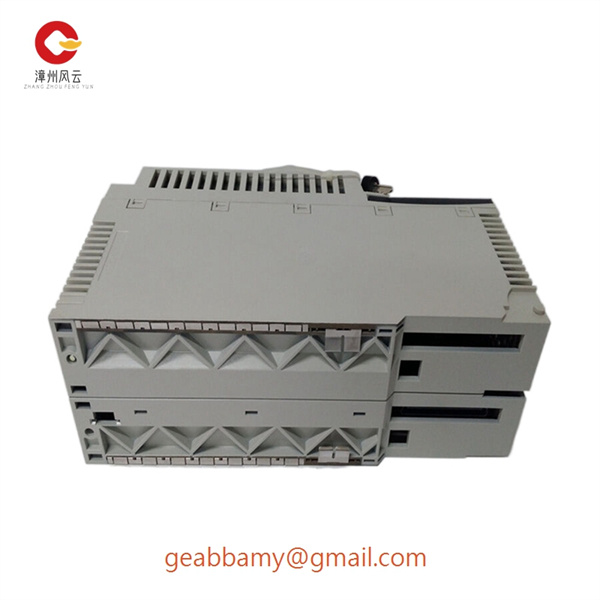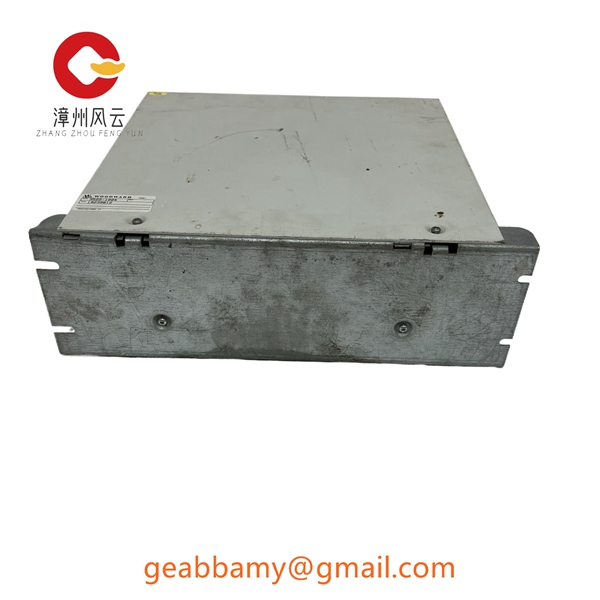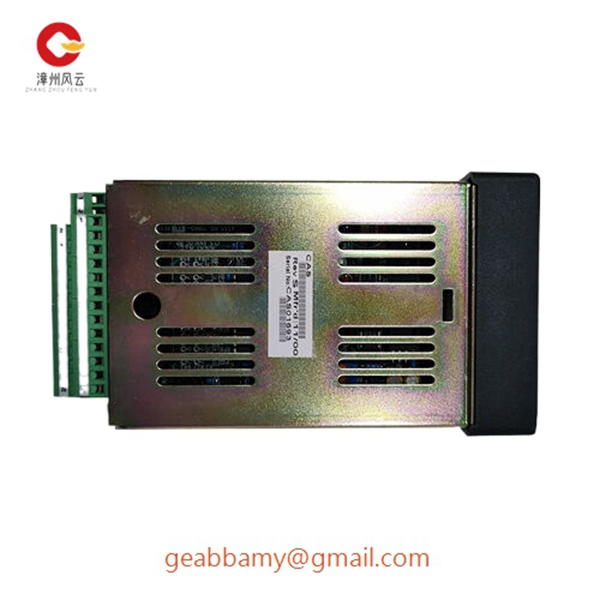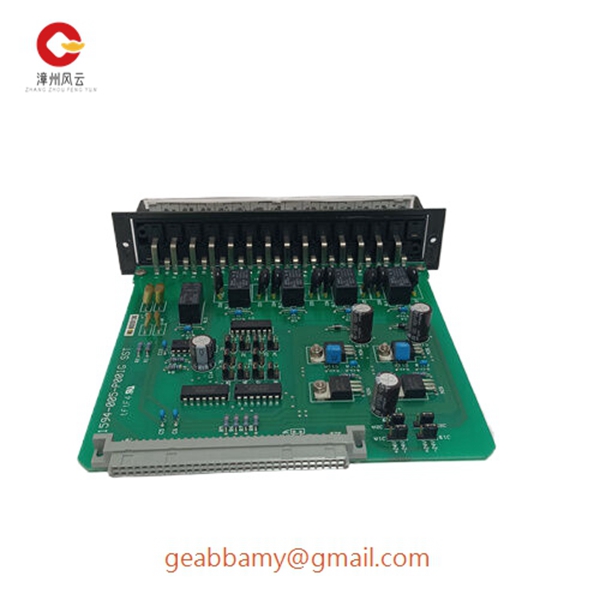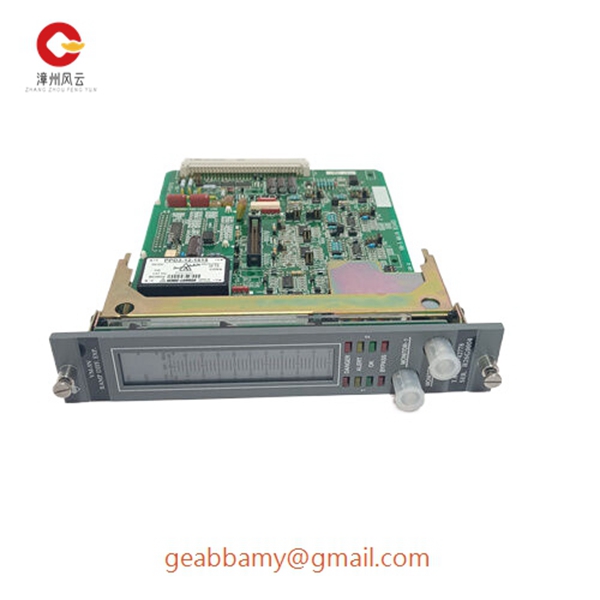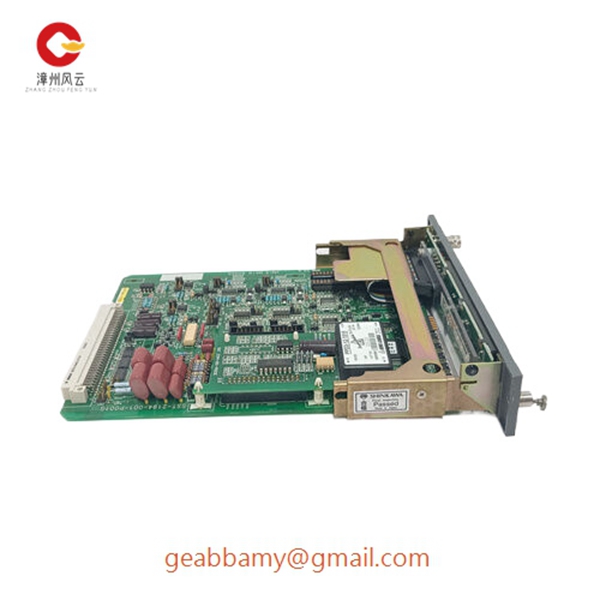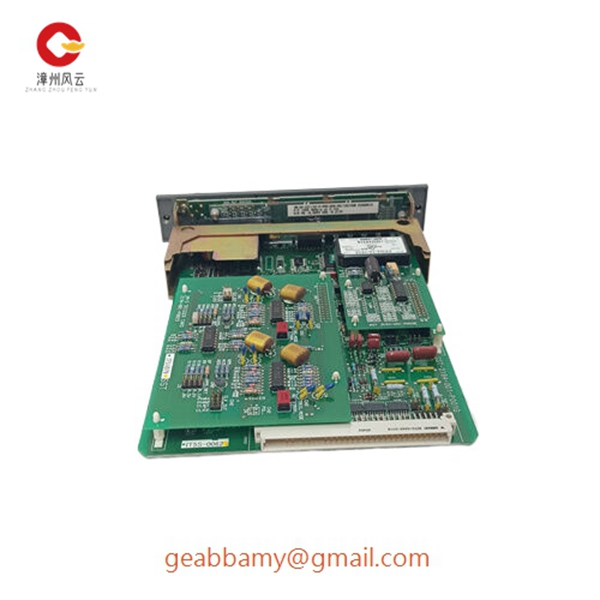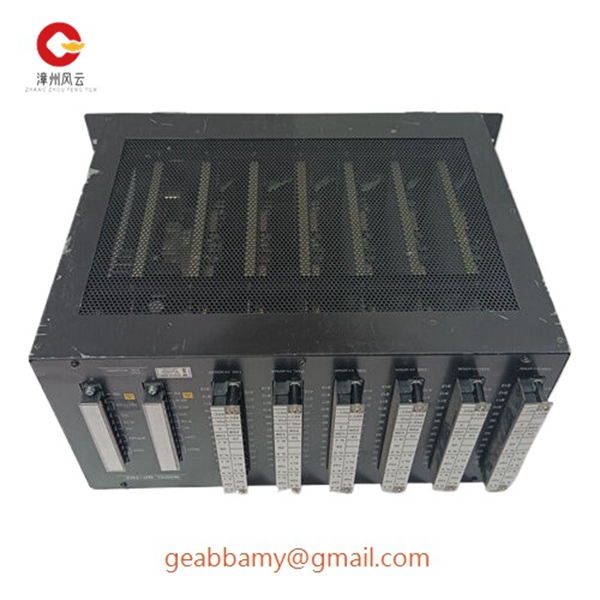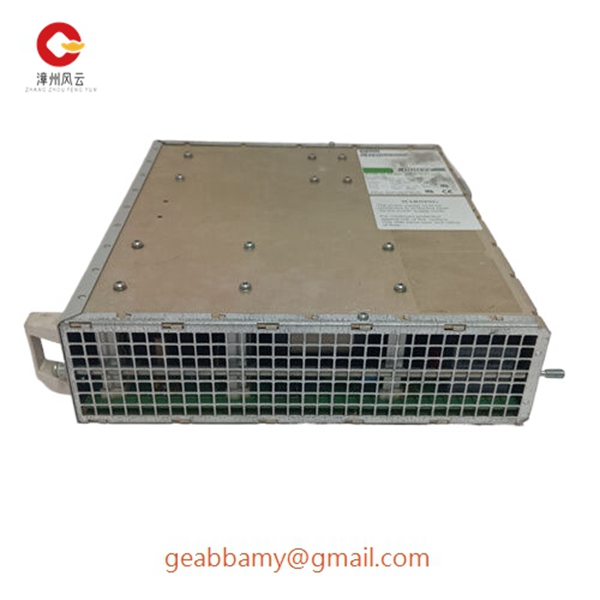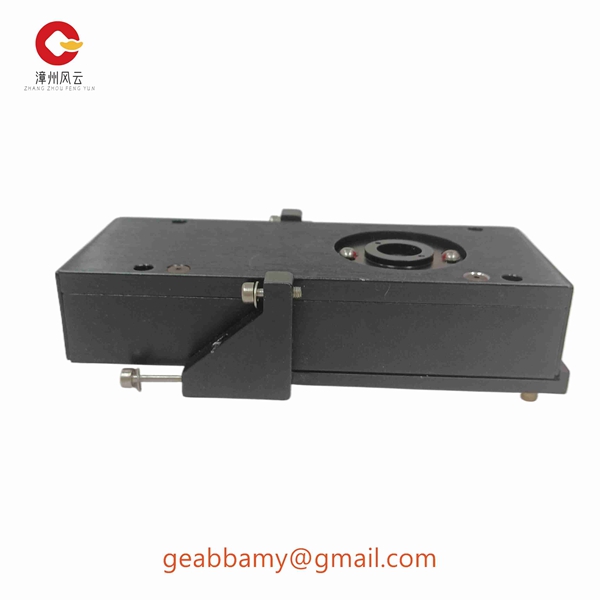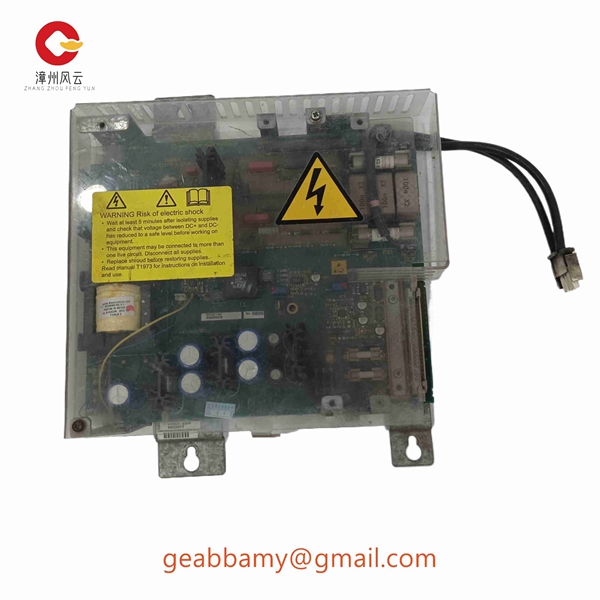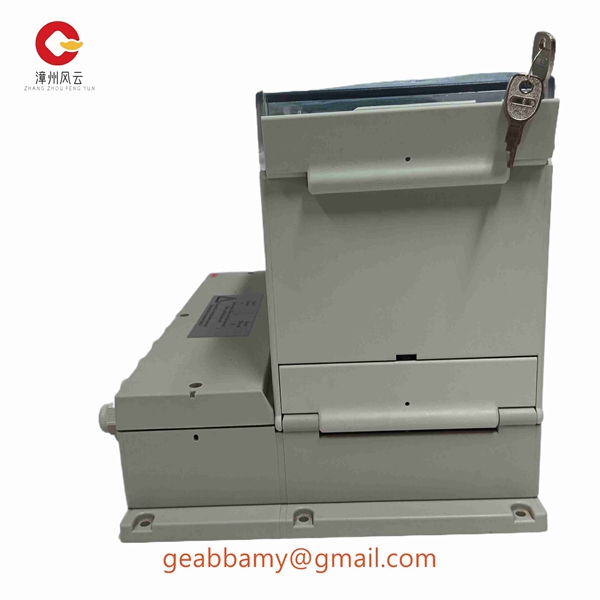Product code: N/A
PXI-8423 Integrated Microelectronic Amplifier
📣Model Number:PXI-8423
🌍Country of origin: USA France Germany Estonia Norway UK
⌚Delivery date: in stock
🛠After-sales service: brand new with one year warranty
⚙️ Product Category: Module/Controller/Server/Motor/Touch Screen
🕰Warranty: 12 months/365 days
☎️ Please contact me: 15359029662 Ms. Amy Sun
📎Chinese official website: www.dcsplcabb.com
📩Email: geabbamy@gmail.com
💬Whatsapp: +86 15359029662
Detailed content
PXI-8423
The PXI-8423 provides excitation for piezoelectric sensors (commonly known as ICP, IEPE or LIVM sensors) with built-in microelectronic amplifiers. The module provides a constant current excitation to the sensor and then isolates, filters and amplifies the sensor output to produce a high level analogue voltage output. The excitation current, signal gain, and filter high-pass and low-pass cutoff frequencies are field configurable via a set of slide switches. AC/DC coupling and/or low and high frequency noise rejection are important; selectable high pass cutoff frequencies of DC, 0.2Hz, or 10Hz and selectable low pass cutoff frequencies of 2.5kHz, 5kHz, 10kHz, or 20kHz provide plenty of options for tuning the filter characteristics for optimum performance.
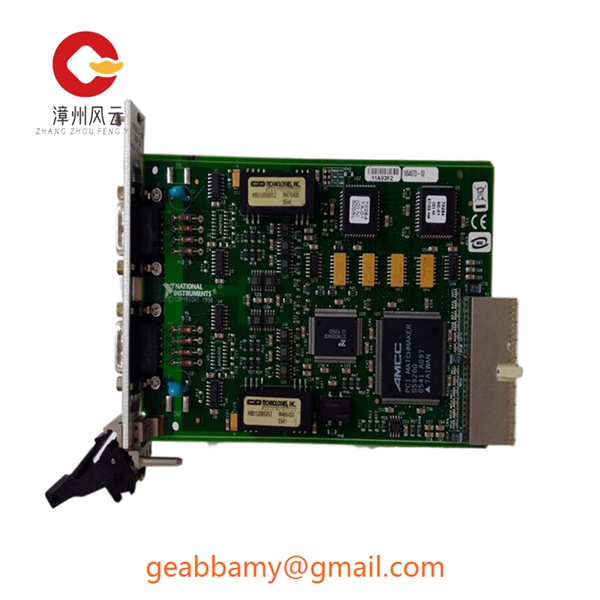
Specific applications for the PXI-8423 include:
Aircraft and aerospace R&D These applications cover a wide range of studies including flutter testing, helicopter rotor response, military stress and structural testing, and rocket launch pad dynamics.
Automobiles and other vehiclesIn order to reduce cabin noise, a great deal of effort has been invested in understanding road and tyre interactions as well as crash and vibration responses. The data analysed comes from accelerometers mounted on seats, shock absorbers and other structural components all the way down to the wheels.
Environmental, material strength life testing uses accelerometers to infer the life of many mechanical components. For example, accelerometers are fixed to miniature components of a photocopier and the system is tested by varying the duty cycle, ambient temperature and speed to determine the optimum use limit.



